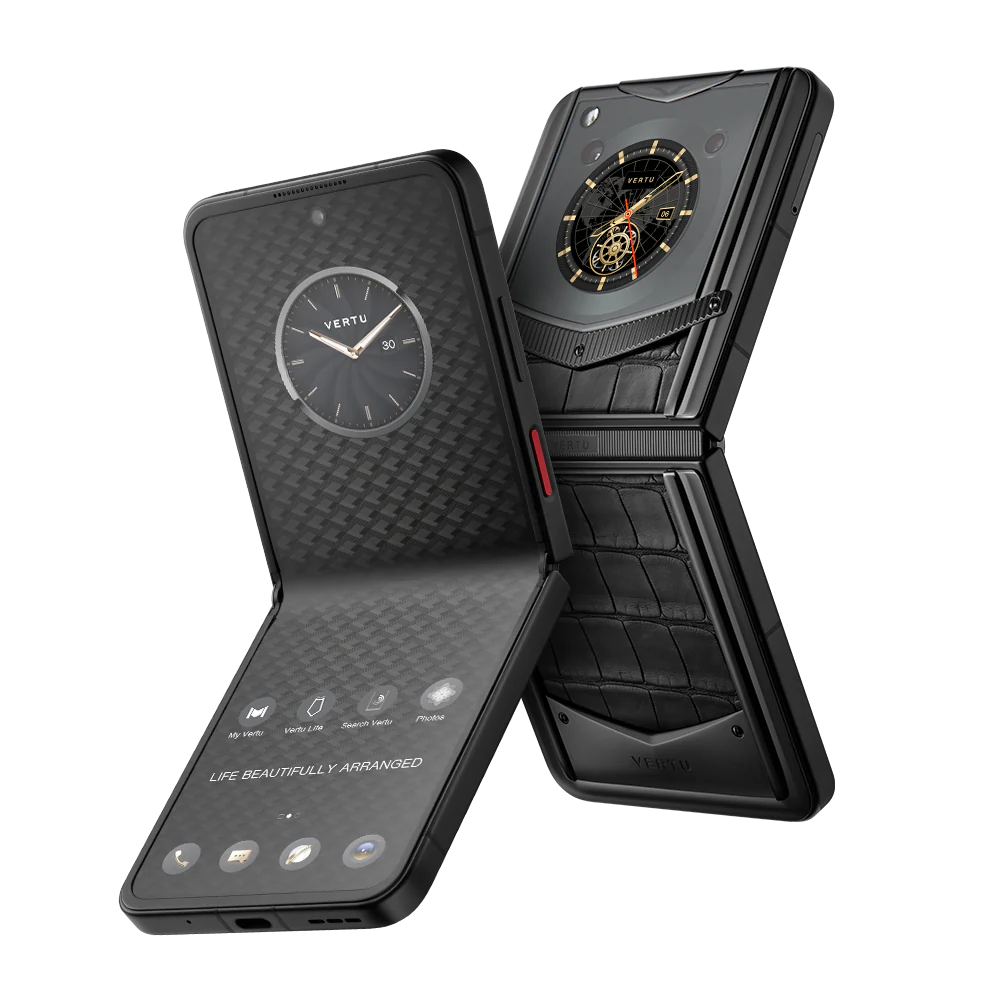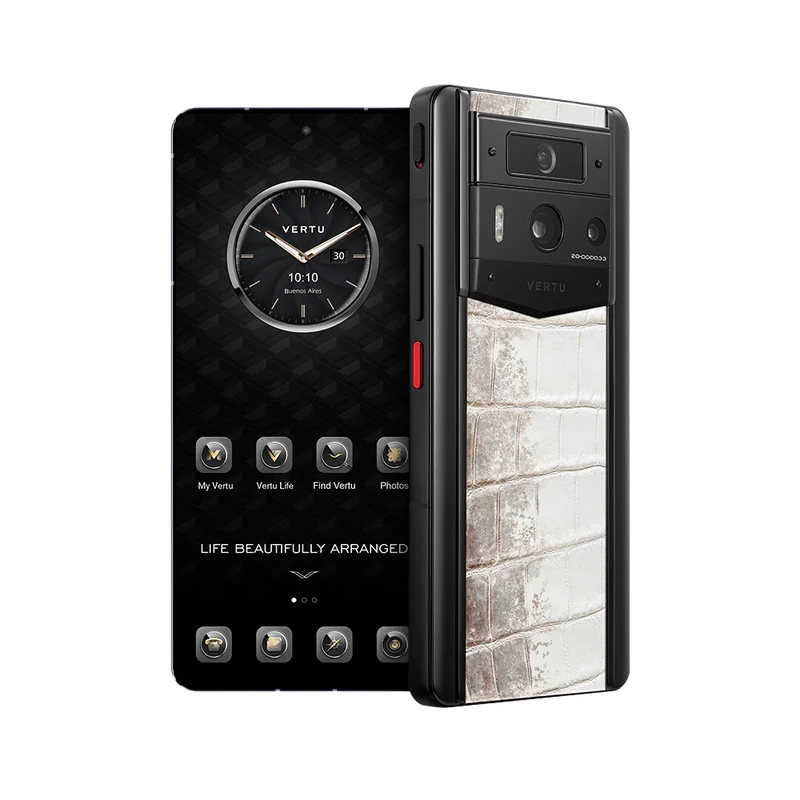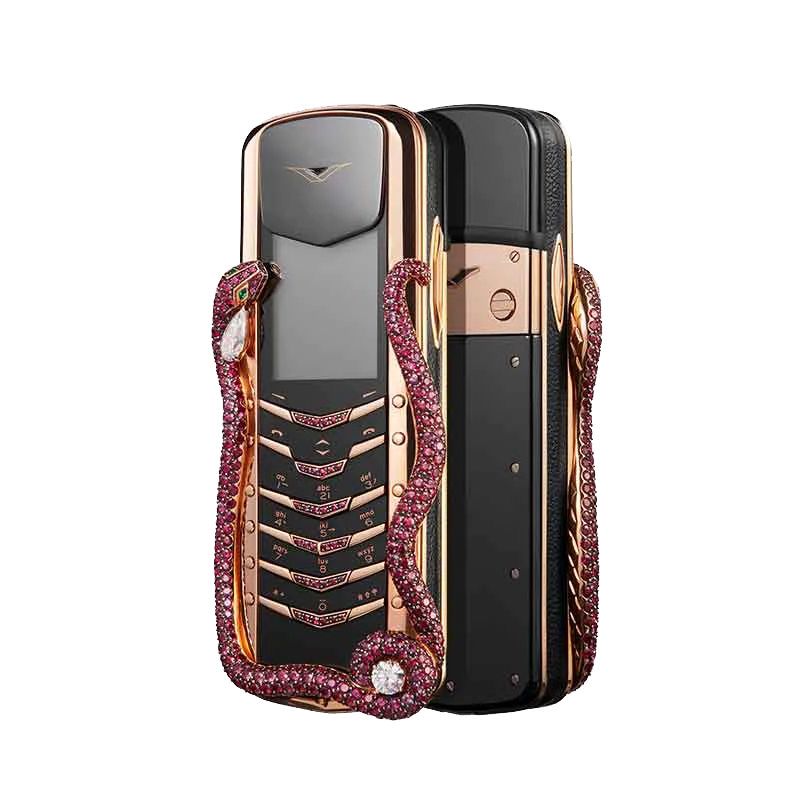Photo by: Prose

More and more beauty consumers want more personalized and customized beauty products in their treatment plan, but why don’t many beauty companies have the ability to provide this service? According to the VOGUE Business Beauty Index 2023, 76% of respondents said they want personalized product choices, but only 23% of brands currently offer these products.
Some brands are trying to launch custom beauty products. Skin care brand Drunk Elephant the recent best-selling “Making Smoothies”, allowing customers to choose products and ingredients and mix them together to create skin care products that better meet their skin needs. Beauty brand Hourglass has a line called Curator Palettes, which allows consumers to choose eye shadow shades. Clio, a South Korea beauty brand, matches limited edition cat stickers with cosmetics so that buyers can customize the packaging. British beauty brand Charlotte Tilbury and luxury perfume brand Diptyque provide customized product engraving services.
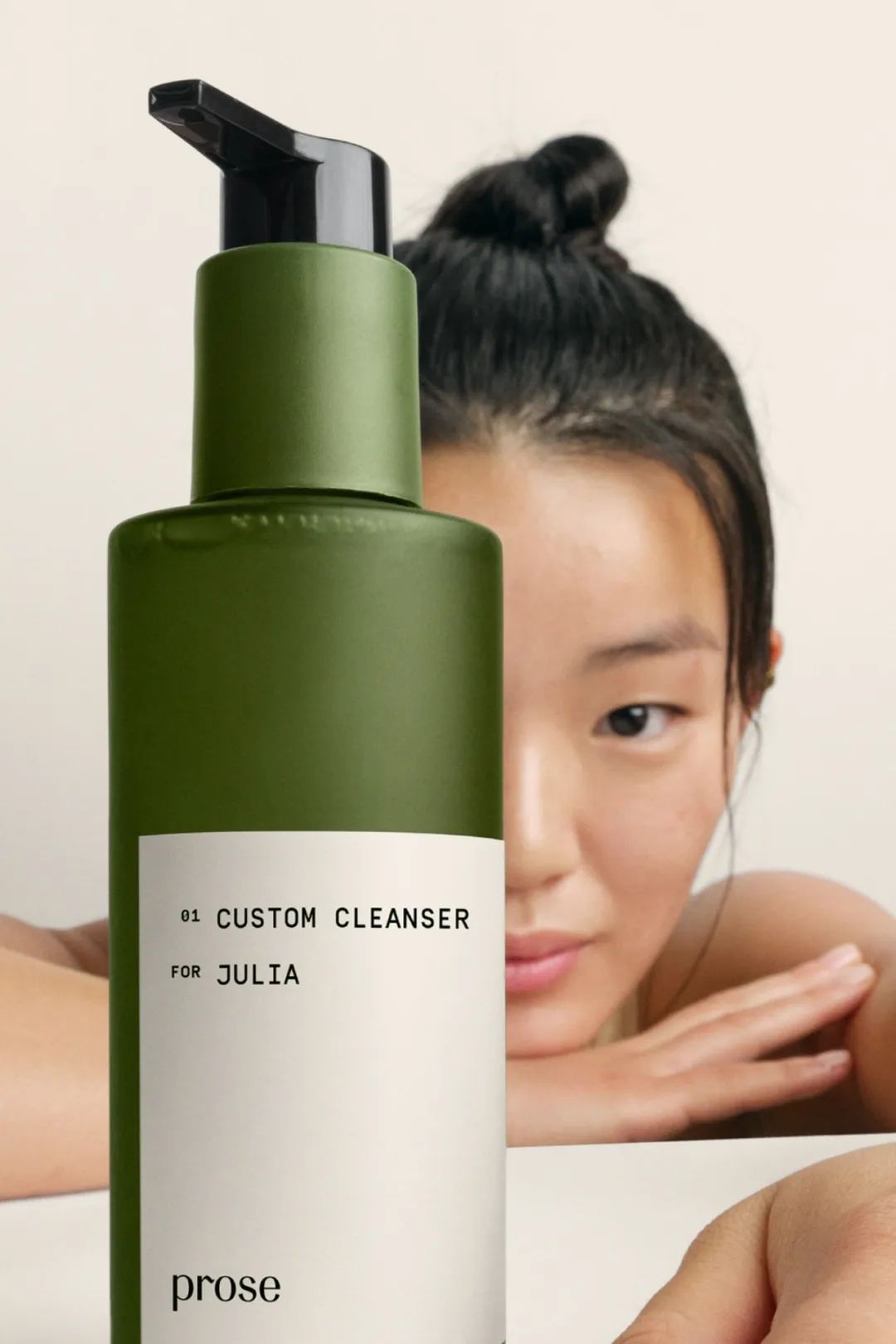
Credit: Drunk Elephant, Hourglass, Clio, Charlotte Tilbury, Diptyque
Audrey Depraeter-Montacel, managing director and global head of the beauty industry practice group at consulting firm Accenture, said: “Personalization is becoming the big gamble that beauty brands must bet on, and it is becoming a new minimum expectation for the industry.” Personalization can also help companies build a more intimate relationship with their audience. “[This is] a way for beauty companies to make consumers feel recognized and allow them to connect with the brand in a unique way.”
According to the 2022 report released by Research and Markets, the value of the personalized beauty industry is expected to reach more than US $51 billion by 2026, up from US $37.72 billion in 2022, which will stimulate enterprises to provide such products.
However, the personalized customization in the field of beauty has not yet formed a scale. Many beauty brands have been struggling to create customisable products because of a lack of insight, Depraeter-Montacel said. However, today’s audience is more willing than ever to share personal information, and companies are seizing the opportunity to create data profiles through media such as quizzes and gain consumer acceptance. Another major obstacle is the financial investment required to make customizable and personalized products.

Prose is an online custom hair care brand that has recently entered the skincare space, offering personalized formulas from the start. Photo by: Prose
Manola Soler, senior director of consumer and retail group at Alvarez & Marsal, said: “personalized products are still difficult to achieve economies of scale, especially in the formulation field. Although personalization is on the rise, it alone is not enough to build the entire brand promise, but it can be a value-added element that brands can selectively incorporate into their strategic map.”
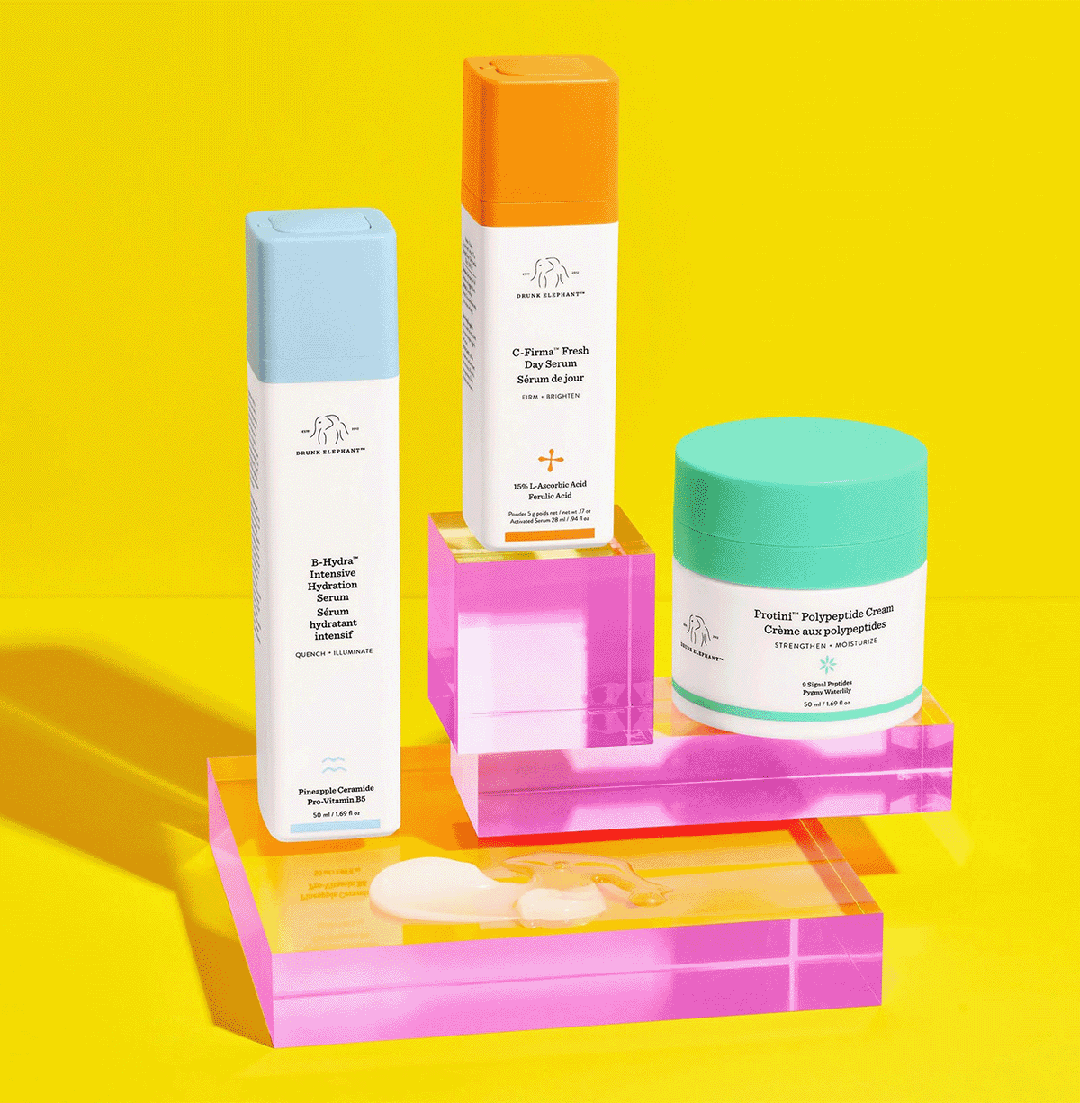
# Create better experiences by meeting specific needs
Tiffany Masterson, founder and chief creative officer of Drunk Elephant, said skincare smoothies provide both immediate results for consumers and increased brand engagement. Around 2016, she began to instill the concept in consumers, and by the next year consumers had accepted it.
“The clinical research results I got proved what I intuitively knew was correct: not only is mixing faster and easier, but it is also very useful for obtaining real skin care results,” Masterson said. On TikTok, thousands of users have posted videos of their mixture, which is a fun way for customers to interact with the brand.
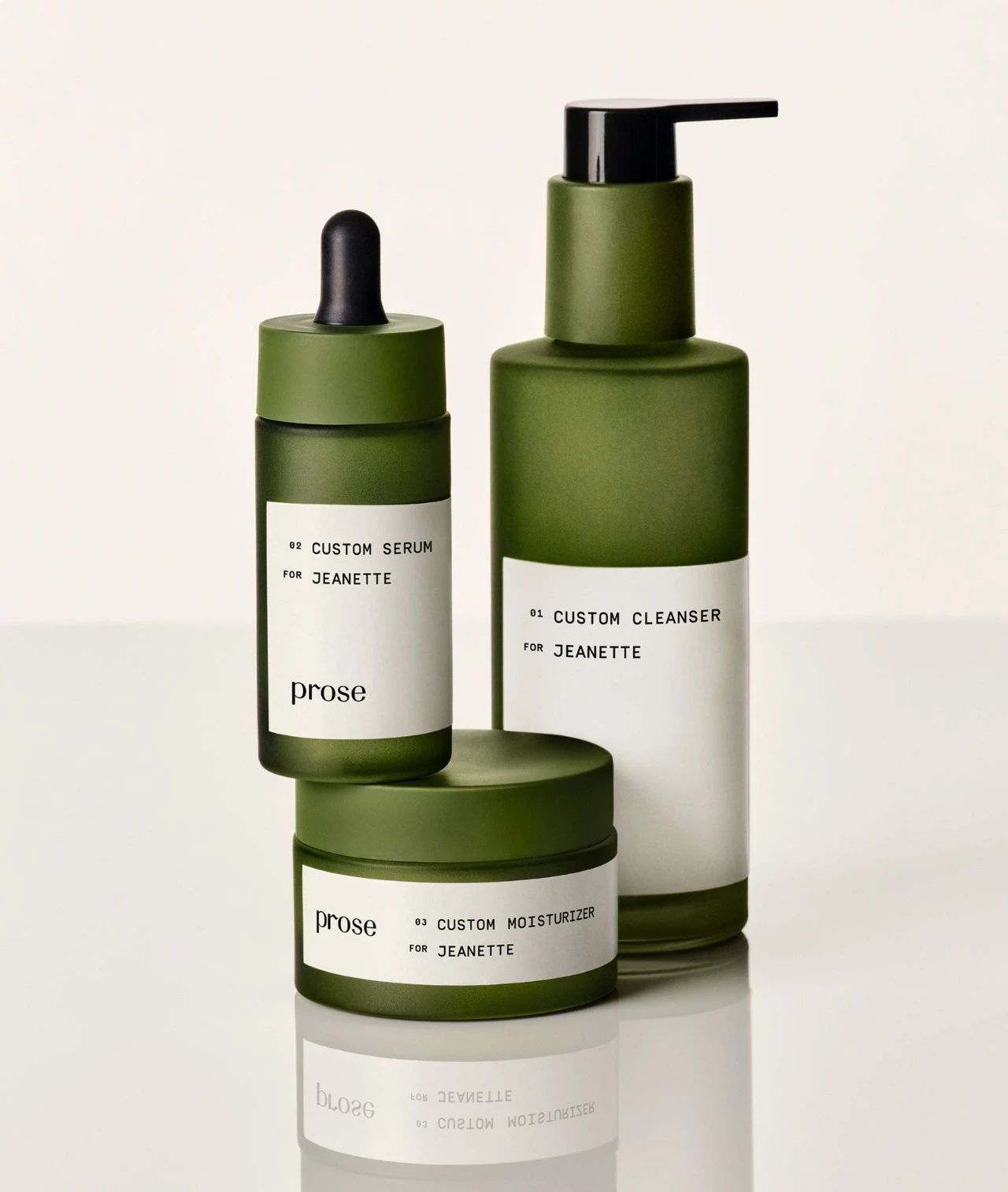
Credit: TikTok @ claudiadevarona
“There is a great opportunity for personalized product management,” Soler shared. “Creating an experience that allows consumers to find the right product is still a big problem in the beauty field, especially in functional categories such as skin care products.”
At the same time, Diptyque allow customers to personalize packaging, provide engraving and embossing services. Customers can personalize products on the Diptyque website or at the Madison Avenue store in New York, which will open in early December. Julien Gommichon, President of Diptyque Americas, said: “Personalized products are very special to our customers. We have seen many customers use personalized products to commemorate special occasions, such as birthdays, life celebrations, and wedding anniversaries.”

Photo by: Lanka.Tax
Experts said that providing customers with the choice of customized products, whether it is the formula or appearance, can increase brand loyalty, and it can also allow brands to further understand their customers. If they have a reason to share their data, such as passing a quiz, they usually do so. “Consumers choose to participate in surveys and questionnaires in order to get a more personalized product and beauty experience,” Depraeter-Montacel said. “For example, shampoo and conditioner formulations suitable for hair type or climate.”
With this insight, new companies like Prose (an online custom hair care brand that has recently entered the skincare space) can offer personalized formulas from the start and quickly succeed. New technological advances in AI also enable companies to provide the right skin care tools to their customers.
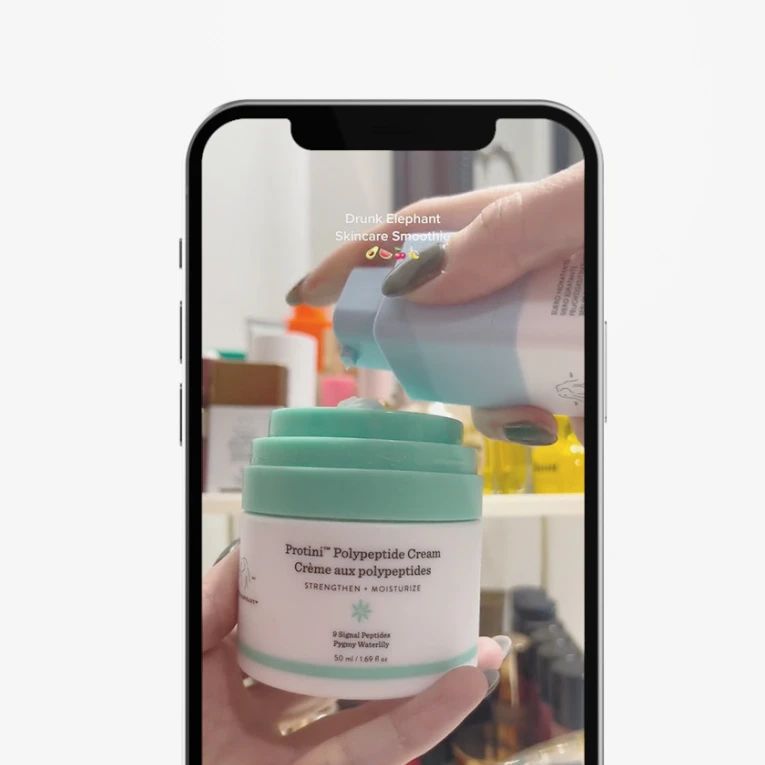
Photo by: Prose
Arnaud Plas, co-founder and CEO of Prose, said: “From the initial consultation, our artificial intelligence algorithms consider a variety of factors-from skin and hair type to personal beauty issues-to ensure that each recommendation is highly customized. This approach not only improves customer satisfaction, but also simplifies their choices in a chaotic market.”
In addition to artificial intelligence and insight, the psychological aspect of personalization is also an important factor for companies to consider, especially when the needs of the target consumer have long been excluded from the general beauty narrative.
“People have [different needs and] preferences, which require specific products and habits,” says Dr. Afiya Mbilishaka, a clinical psychologist, hair specialist and founder of PsychoHairapy, a platform that links the effects of hair care with mental health. “Beauty habits can also have a psychological impact on our self-esteem and overall health. Therefore, it is very important for individuals to personalize their beauty habits so that they can feel nourished, cared for and belong.”

Photo by: Prose
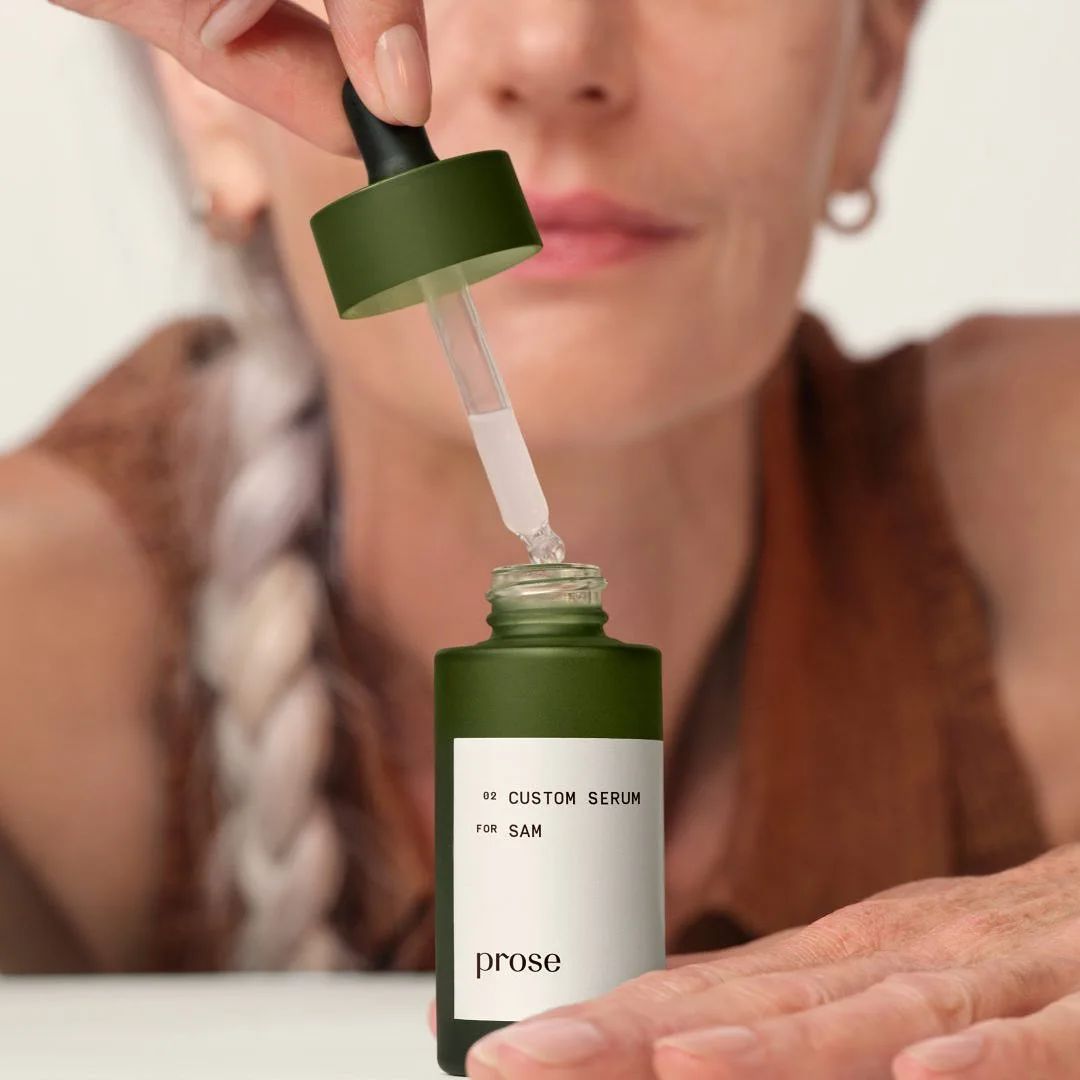
# What are the difficulties in providing personalized service?
Depraeter-Montacel said that to overcome the scale problem, one solution might be to test the concept with a smaller product line before scaling up the business.
But for those who are ready to experiment and want to create custom formulas, Plas recommends harnessing the power of artificial intelligence. “Our data shows that the daily habits of our AI recommend resonate strongly with our customers-73% follow the prescribed daily habits with minimal change,” he said. In addition, he said Prose had a 66 percent return rate for customers over a six-month period, compared with an average repeat rate of about 25.9 percent. “This reflects not only the success of our customized solutions, but also the deep trust that consumers have in our brand,” he said.

Photo by: Prose
In order to bring personalized experiences to physical stores, Prose said that while it may take some time to determine the best location and conduct extensive staff training, it is all part of creating a memorable experience. “Providing bespoke services, working directly with our guests and being with them in person often results in them coming back with friends and family,” she said.
However, there is no need to follow the traditional model. It will be different for each company to enter this category. “Personalization doesn’t always have to come from a unique recipe,” Soler shared. “There may also be customization opportunities for packaging or personalized experiences. For example, brands learn about a customer’s purchase history to come up with compatible product recommend.”
(Source: Vogue Business)


